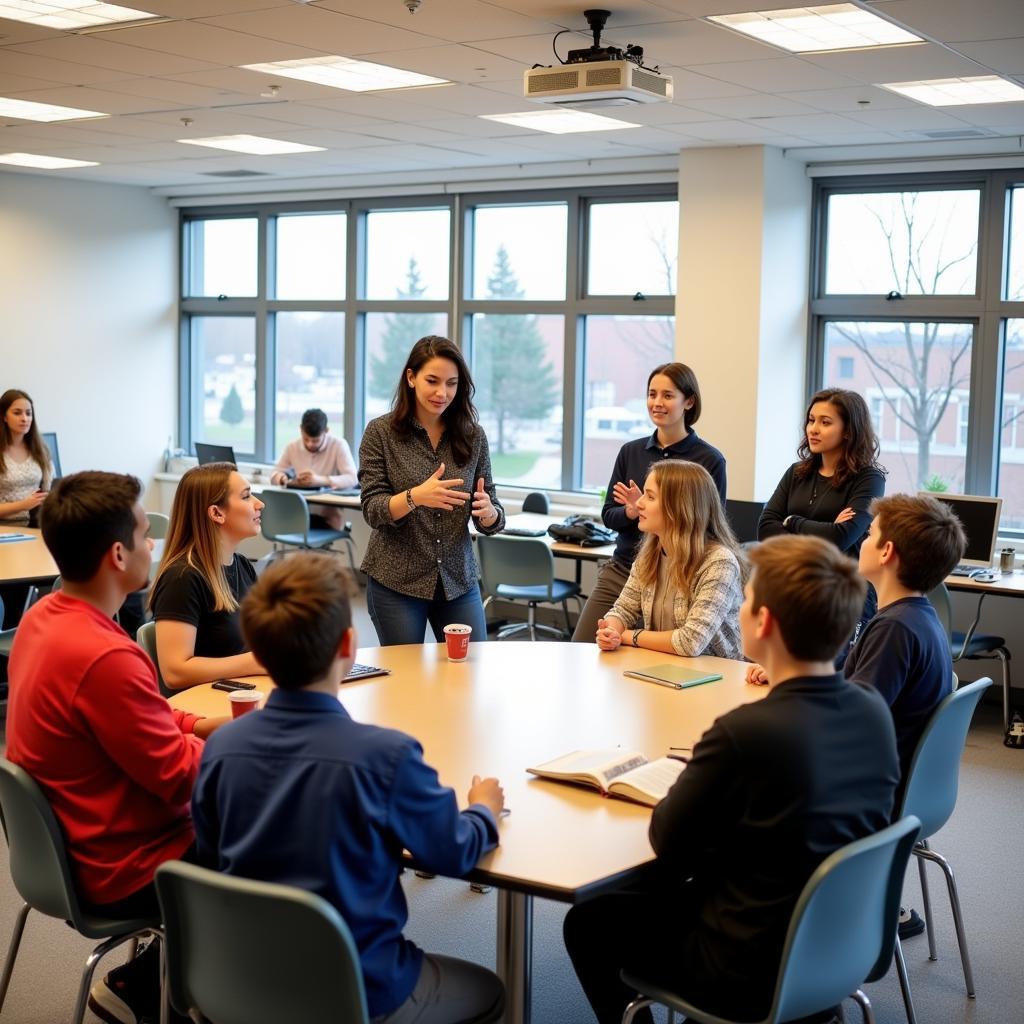
Similar to how drama education promotes cultural expression, this reading test explores the fascinating relationship between dramatic activities and language acquisition.
Passage 1: The Fundamentals of Drama in Language Learning
Drama has emerged as a powerful tool in language education, transforming traditional classroom dynamics into interactive learning spaces. Research indicates that dramatic activities significantly enhance vocabulary retention, pronunciation, and communicative competence. When students engage in role-play and theatrical exercises, they develop both verbal and non-verbal communication skills naturally.
Just as the use of educational radio in teaching languages has proven effective, drama-based learning creates an immersive environment that promotes authentic language use. Students participating in dramatic activities show improved confidence levels and reduced anxiety when speaking in the target language.
Questions 1-5: Multiple Choice
- According to the passage, drama in language learning primarily improves:
A) Mathematical skills
B) Communication abilities
C) Athletic performance
D) Scientific knowledge
[Continue with detailed passage content and remaining questions…]
Passage 2: Psychological Benefits of Dramatic Expression
Understanding multilingual education importance becomes clearer when examining the psychological aspects of drama in language learning. Studies have demonstrated that dramatic activities create neural pathways that enhance memory retention and language processing.
[Continue with medium difficulty passage and questions…]
Passage 3: Global Perspectives on Drama-Based Learning
While cultural diversity celebrated in school festivals showcases one aspect of learning, drama-based education represents a universal approach to language acquisition. Recent studies across different cultural contexts have shown remarkable consistency in positive outcomes.
In the modern classroom, digital tools for enhancing group projects complement traditional dramatic activities, creating a hybrid learning environment that maximizes student engagement and learning outcomes.